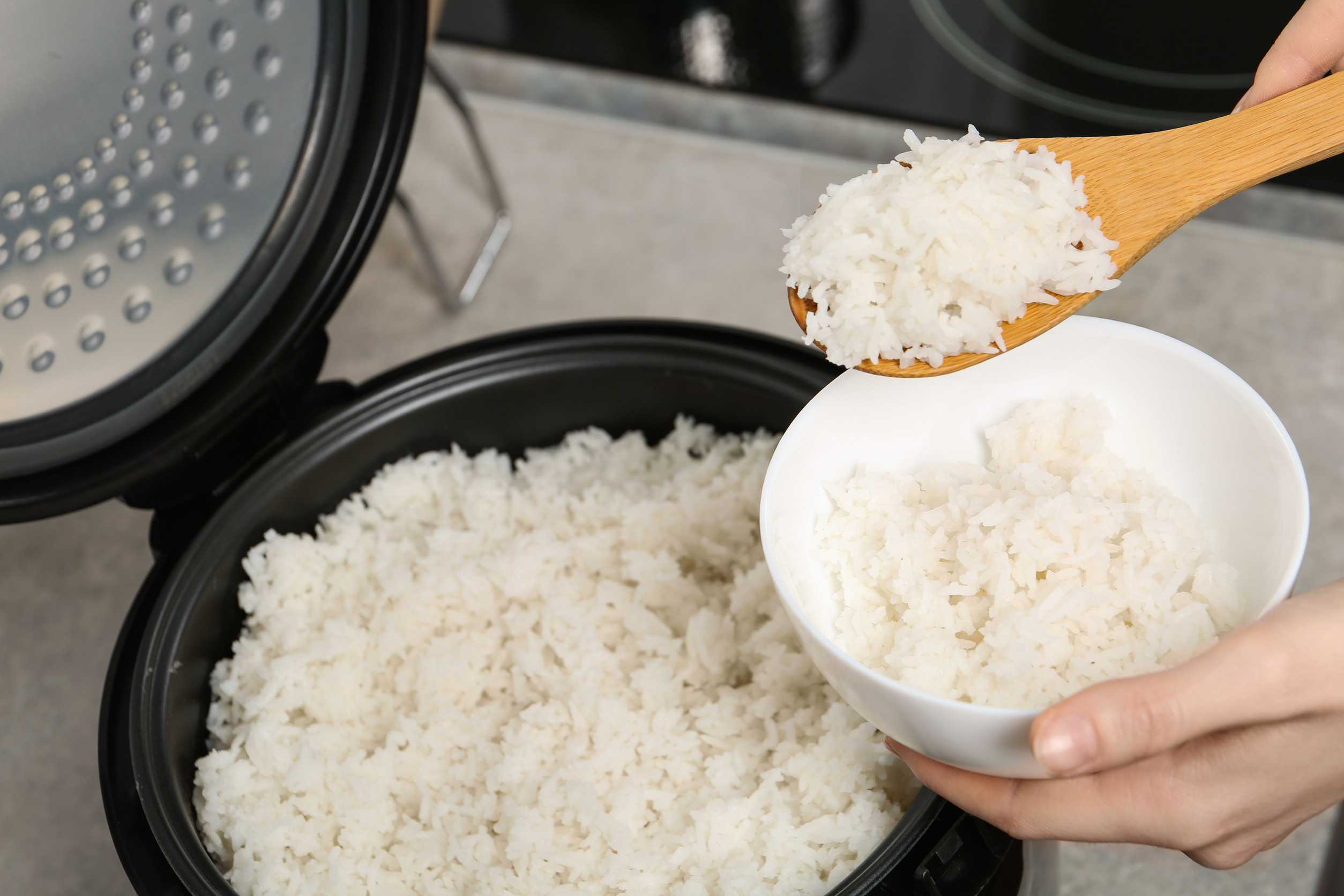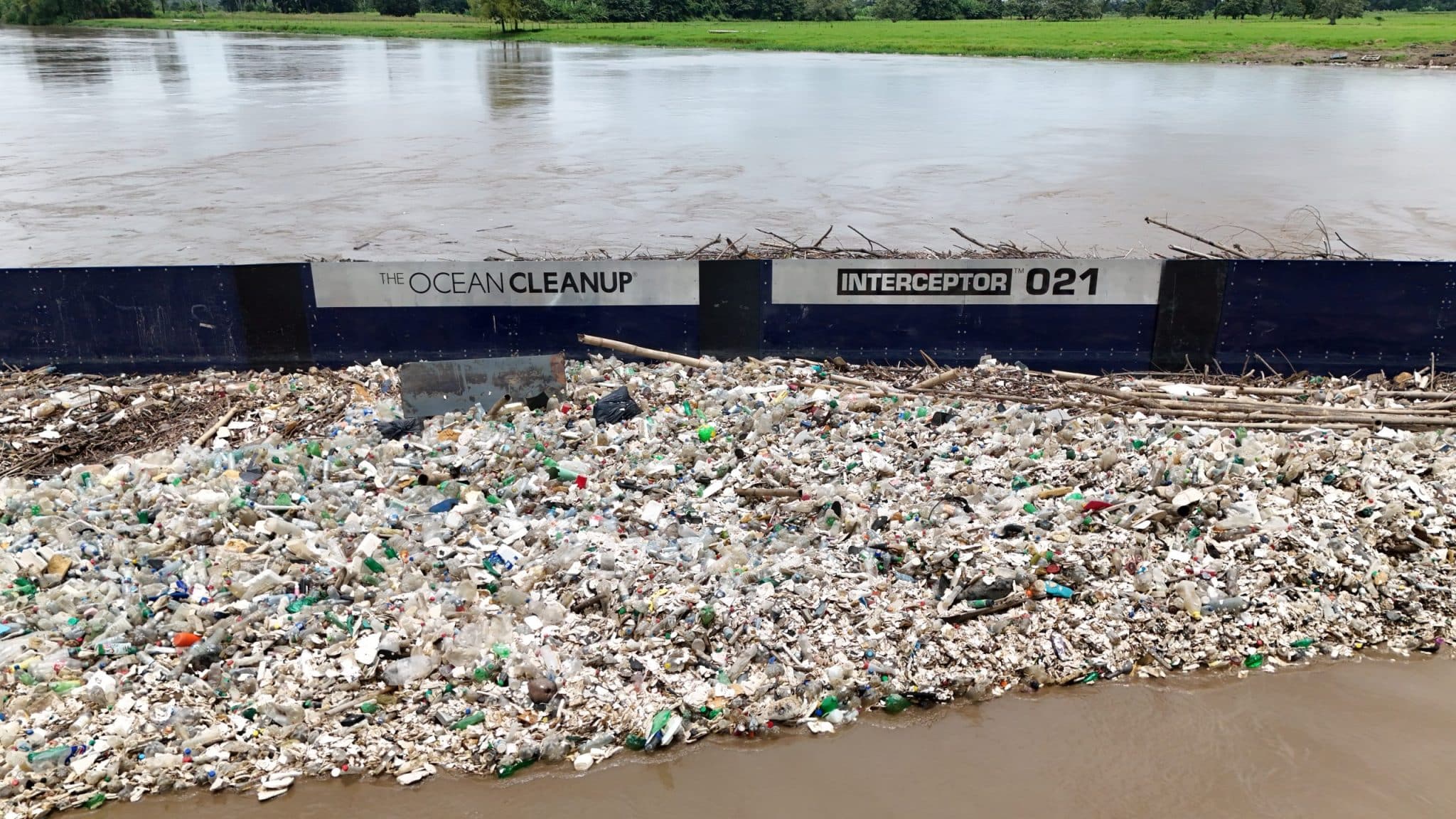Image Credit: liudmilachernetska/123rf.com
A growing emphasis on sustainability is transforming kitchen practices around the world, encouraging households to adopt eco-friendly appliances alongside healthier eating habits. By making informed choices, consumers can significantly reduce their environmental impact while enjoying modern conveniences.
One of the most effective changes is switching from a stove to an electric kettle for boiling water. This transition can lead to a noticeable decrease in daily electricity consumption. Many models now feature measuring scales and automatic shut-off functions for added efficiency.
For coffee enthusiasts, opting for a coffee maker that uses a reusable filter instead of single-use pods is a sustainable choice. Manual brewing methods such as French presses or pour-overs not only enhance flavor but also allow users to recycle old coffee grounds as fertilizer.
Another essential appliance is an energy-efficient toaster, designed to toast two slices at a time, reducing energy waste. Similarly, selecting an energy-efficient blender that operates with minimal power and uses BPA-free containers can contribute to a greener kitchen.
Rice cookers also promote sustainability by saving time and energy. Choosing a model with a stainless steel bowl instead of Teflon can further minimize exposure to harmful chemicals.
Induction cooktops stand out for their energy efficiency, using magnetic fields to generate heat directly in pots and pans. This technology not only conserves energy but also avoids the use of gas, keeping the stovetop cool and safe to touch.
An electric oven that doubles as a microwave can save space and energy in the kitchen. Additionally, a dishwasher with an eco mode offers significant savings on water and energy bills, especially if chosen in a size that meets the household’s needs.
When it comes to refrigeration, selecting a model with an Energy Star rating ensures lower electricity usage. It’s crucial to avoid refrigerators that emit harmful chemicals such as CFCs and HFCs, which contribute to ozone layer depletion.
Lastly, when updating pans and pots, it’s advisable to steer clear of Teflon-coated options due to their association with carcinogenic chemicals. Instead, choosing materials like cast iron, stainless steel, stoneware, and enamel-coated cookware promotes both health and environmental sustainability.
By integrating these sustainable appliances into everyday life, consumers can contribute to a healthier planet while enjoying the benefits of modern kitchen technology.
Check out the original article here: Source link



